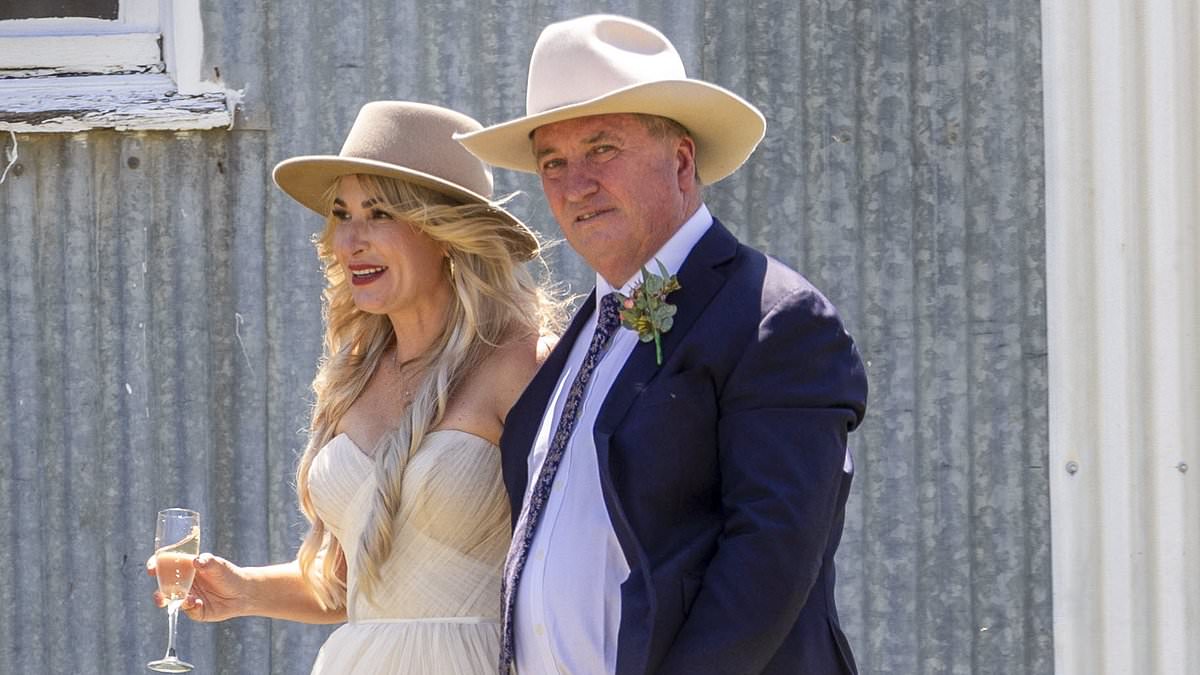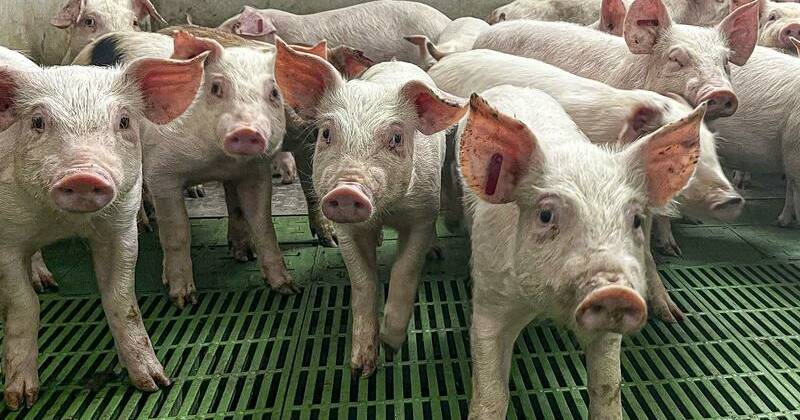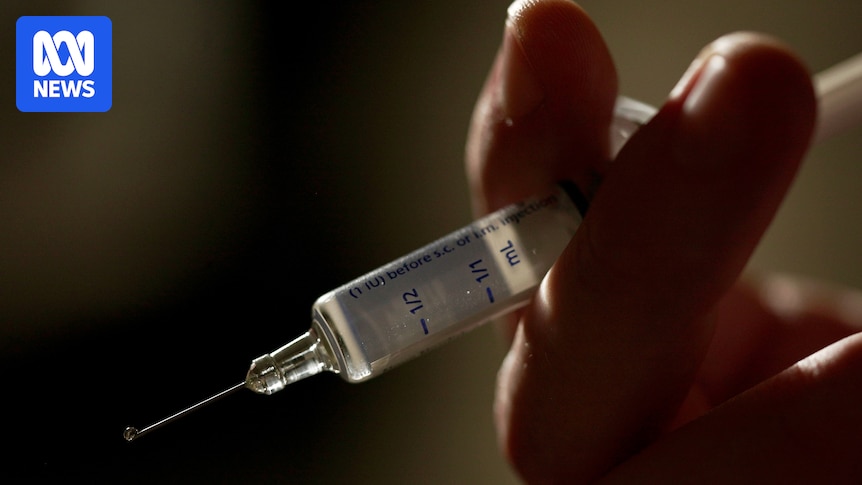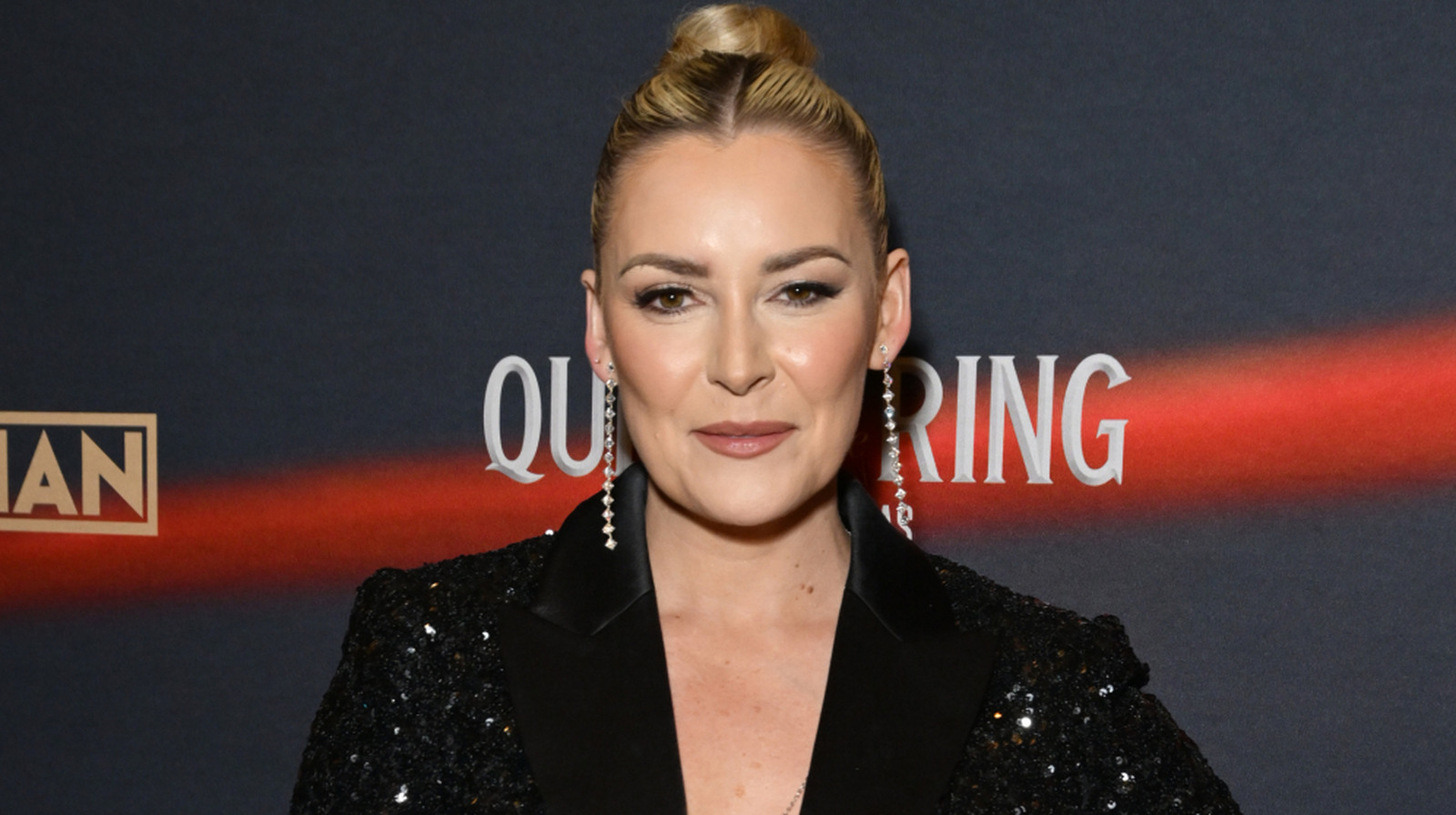
The Australian Football League (AFL) has voiced its dissatisfaction with the behavior exhibited by Geelong players during their post-season ‘Mad Monday’ celebrations. The controversy was sparked by Instagram posts from star player Bailey Smith, following the Cats’ Grand Final defeat to Brisbane.
Smith, who secured third place in this year’s Brownlow Medal, shared multiple photos from the event, including one with captain Patrick Dangerfield. The duo, dressed in cowboy outfits, posed in a manner reminiscent of the film Brokeback Mountain, a love story about two gay cowboys in mid-20th century America. The image was captioned, “This is what losing a granny does to ya.”
Geelong is anticipated to issue an official response by Wednesday afternoon. The incident has prompted discussions about player conduct and club responsibilities within the AFL.
Geelong’s Mad Monday: A Tradition Under Scrutiny
The annual ‘Mad Monday’ celebrations are a long-standing tradition in Australian football, marking the end of the season with often outrageous costumes and antics. This year, Cats midfielder Max Holmes impersonated veteran journalist Caroline Wilson, while teammates Sam De Koning and Ollie Dempsey humorously addressed rumors about the club’s financial dealings. They arrived in an Aston Martin, adorned with a faux ‘Cotton On’ numberplate, and carried brown paper bags, alluding to alleged third-party deals.
The AFL’s executive general manager of football performance, Greg Swann, has confirmed discussions with Geelong CEO Steve Hocking. Swann emphasized that while the league is not pleased with the players’ behavior, the club is addressing the situation internally.
“We think the clubs are the best people to deal with it, they’re their players. We’re not thrilled, obviously, with what happened, and nor are Geelong, so they’re going to take some steps,” Swann stated.
AFL’s Stance on Player Conduct
This incident highlights the ongoing debate over how player behavior should be managed within the AFL. Swann suggested a potential shift in the league’s approach, advocating for clubs to take the lead in disciplining their players when necessary.
“I think these are club issues, I’m not sure why the AFL – we will step in if we have to, but let the clubs do it,” he added.
Historically, the AFL has intervened in player conduct matters, but there is a growing sentiment that clubs are better positioned to handle such issues. This perspective aligns with a broader trend in sports management, where governing bodies delegate disciplinary actions to individual teams.
Implications for Geelong and the AFL
The response from Geelong will be closely watched, as it may set a precedent for how similar situations are handled in the future. The club’s decision will likely influence the AFL’s policies on player behavior and the extent of its involvement in such matters.
Meanwhile, the incident has sparked conversations about the cultural significance of ‘Mad Monday’ and whether its traditions should evolve to reflect modern values. As the AFL continues to navigate these complex issues, the balance between maintaining tradition and promoting responsible conduct remains a delicate one.
As Geelong prepares to address the situation, the broader AFL community awaits the club’s response, which could shape the league’s approach to player conduct for seasons to come.







